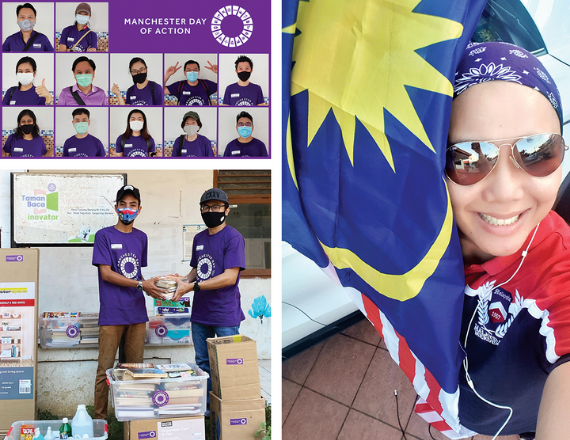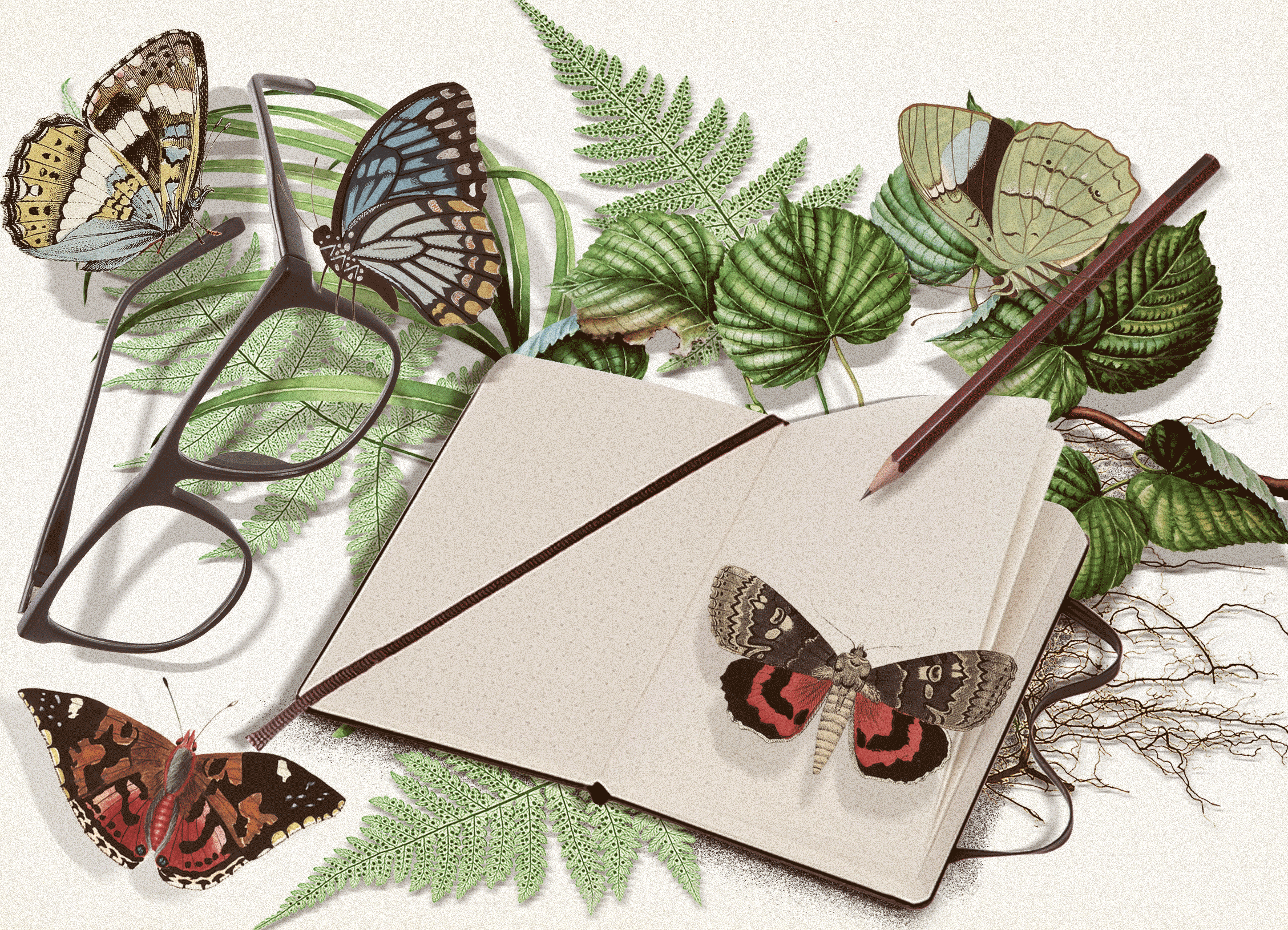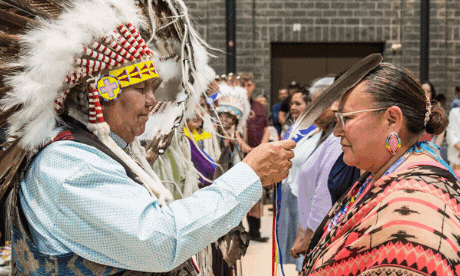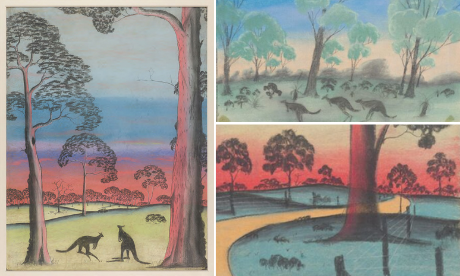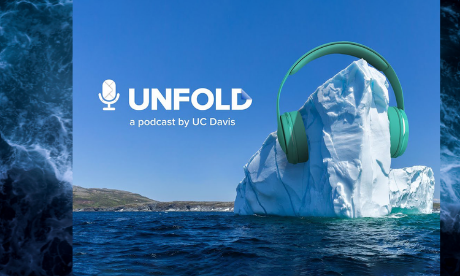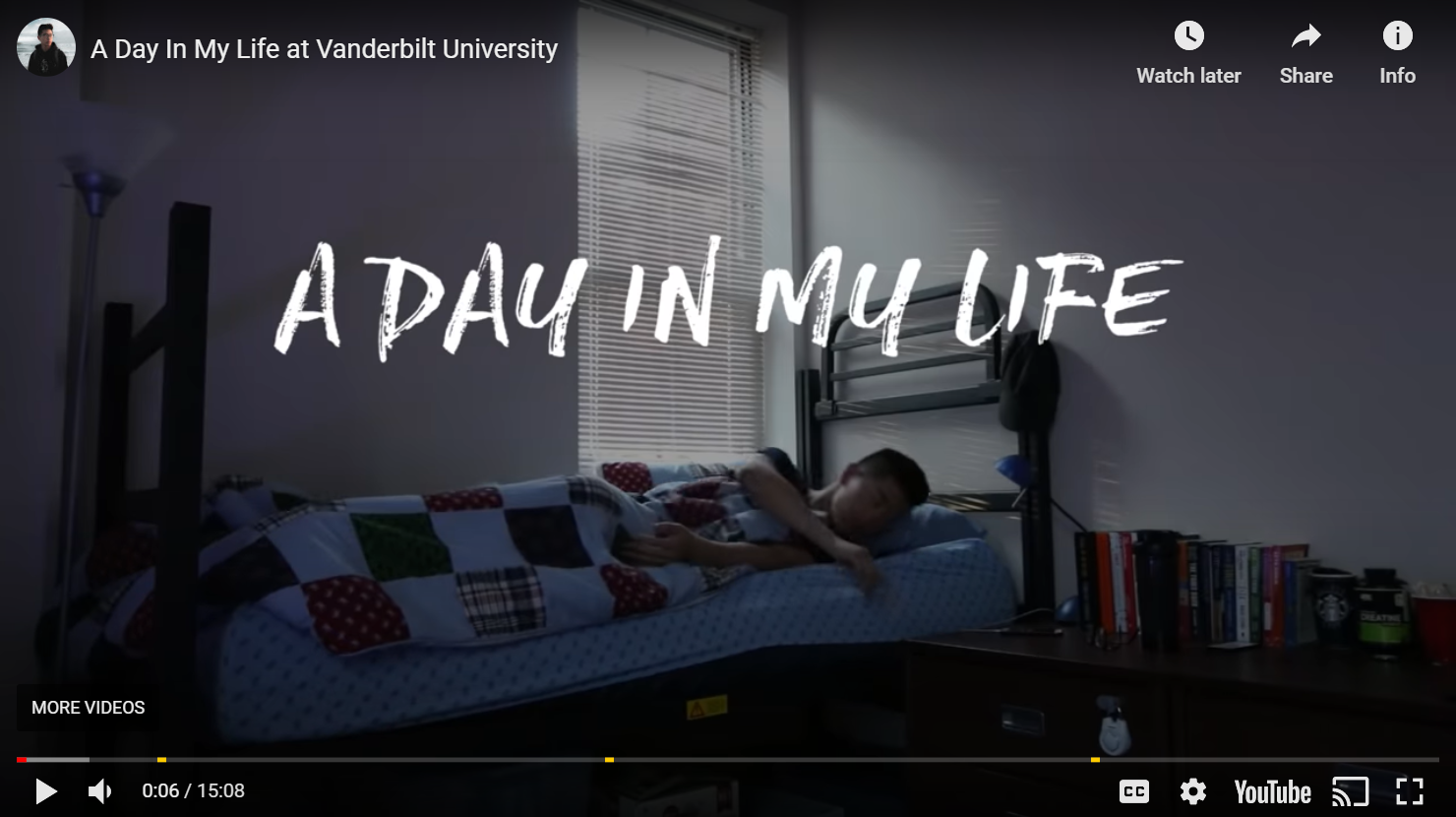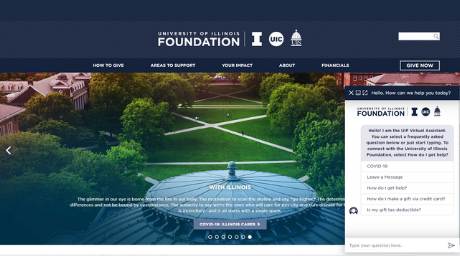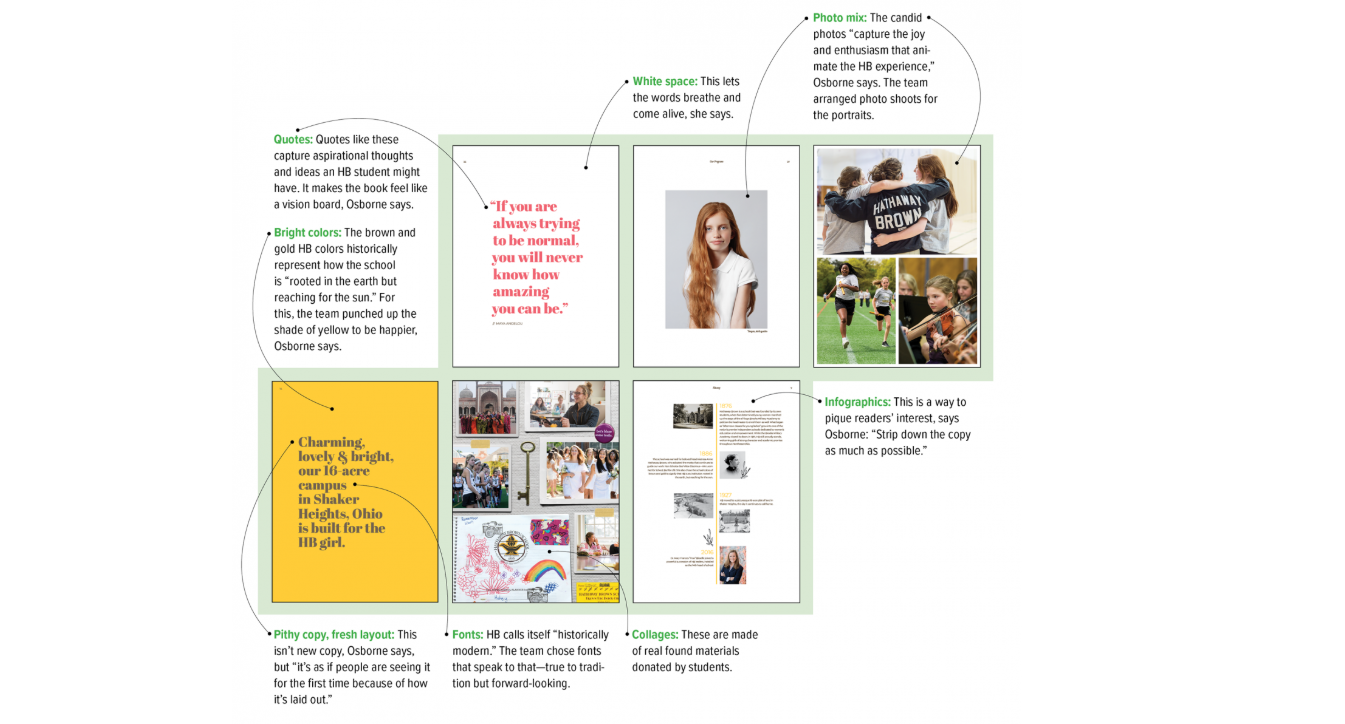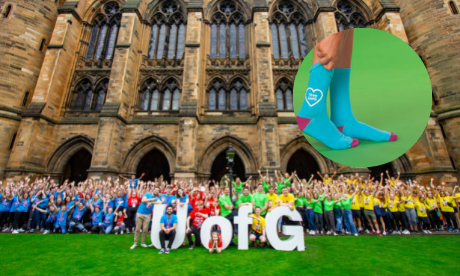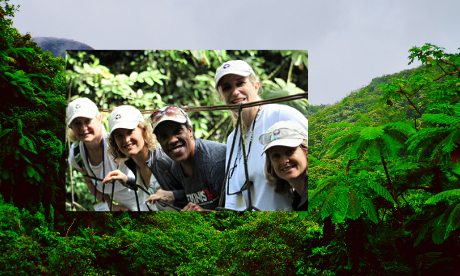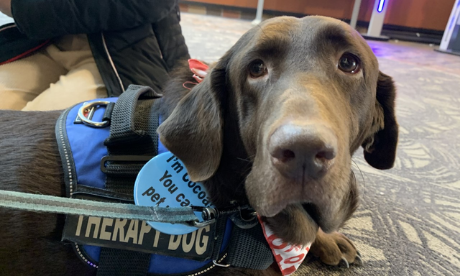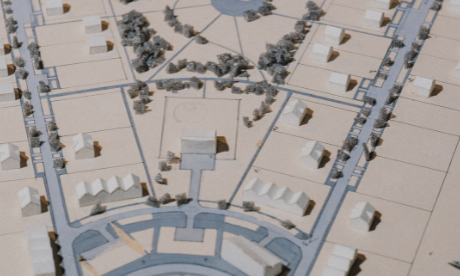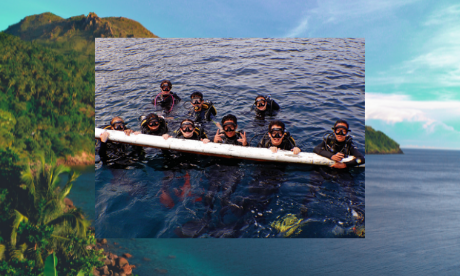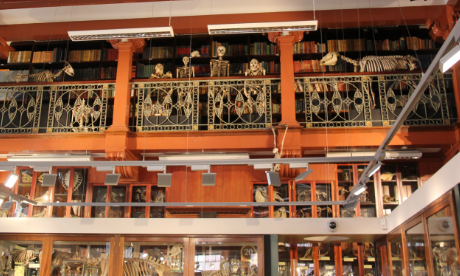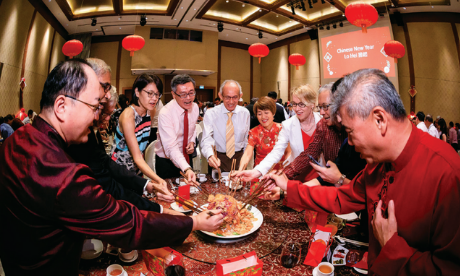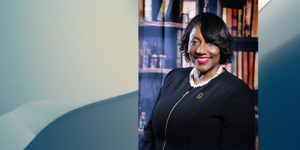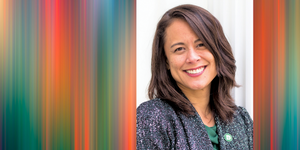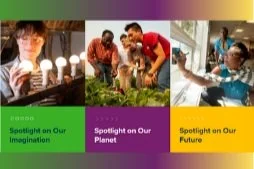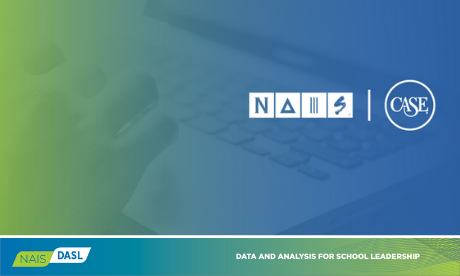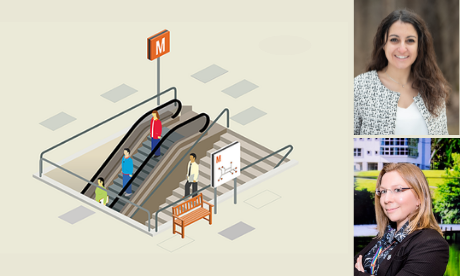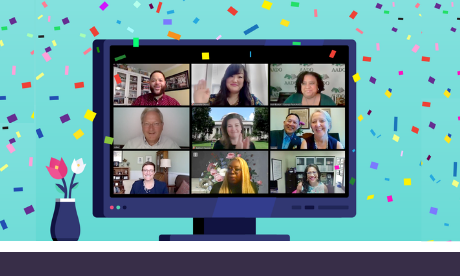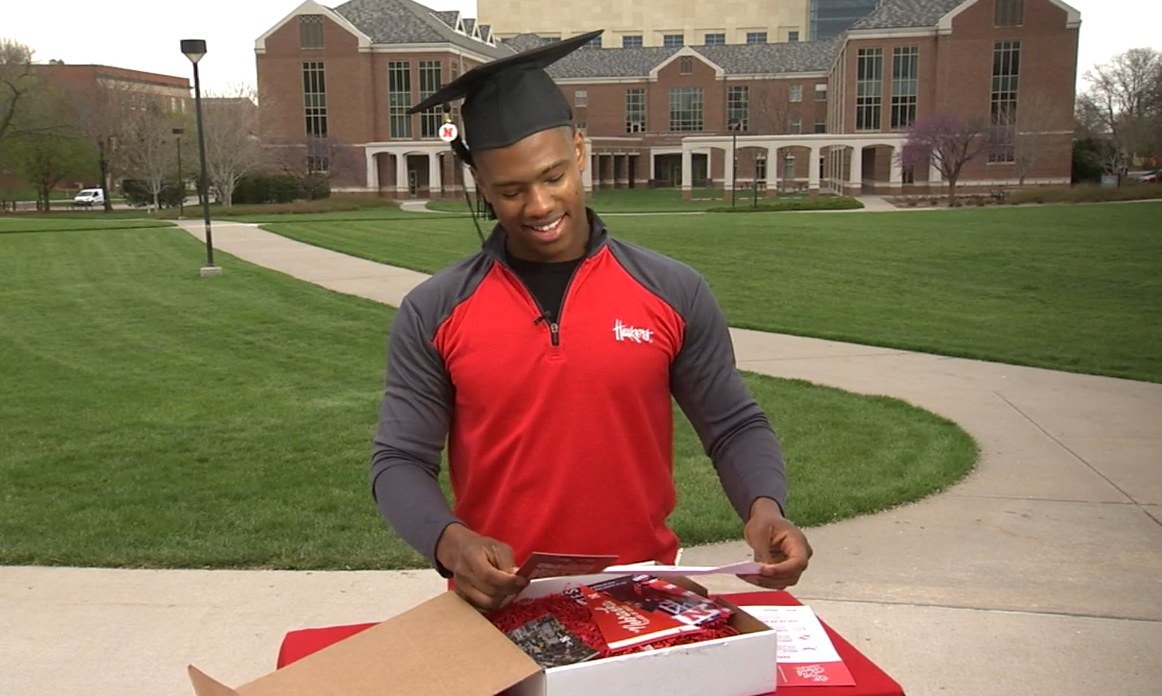At CASE, I write about educational advancement, philanthropy, alumni relations, communications, and more. I’ve also covered pre-K and elementary teaching and learning, educational leadership, and nonprofit issues.
Highlights and Recognitions
Featured in the award-winning education and association publications Currents magazine, Principal magazine, NAESP’s Report to Parents newsletter, NEA Today magazine, and Associations Now.
Won, with my team, EXCEL Awards from Association Media & Publishing for:
single-topic theme magazine issues (2021 and 2020),
magazine general excellence (2020 and 2018),
digital magazines (2019),
editorial excellence in digital newsletters (2016), and
newsletter writing (2015).
Won a gold EXCEL Award in 2014 for magazine feature writing for my Principal magazine story, “Food for Thought.”
Writing Pieces by Type
Features - Long
The 2020 racial reckoning and Black Lives Matter movement, campus protests, and pandemic pressures have changed the conversation, expectations for, and nature of diversity leaders’ work in higher education. Here’s how.
Excerpt: “For chief diversity officers and diversity professionals, the road ahead may be long. Leaders today must balance urgency with the long arc of structural change.
‘This is not performative—we have hard work to do around policies, practices, and procedures that are barriers to racial equity. Anyone who is a student of this has to acknowledge that we don’t want to be having this conversation 50 years from now,’ says Paulette Granberry Russell, president of the National Association of Diversity Officers in Higher Education.”
In 2021, small higher education teams worked to execute impactful projects with small teams, on limited budgets, while grappling with the shifting ramifications of the pandemic. Here’s what their experiences reveal about how teams of any size or context can work resourcefully.
Excerpt: “More than 19,000 students study at the University of Brighton’s four campuses—and as COVID-19 spread in early 2020, many students needed help, says Marnie Middlemiss. In March, just six months into her tenure as Brighton’s Director of Philanthropy and Alumni Engagement, Middlemiss was called in to meet with senior leaders about student support. University phone lines were being inundated with students who needed urgent help. In just four days, Middlemiss and five members of her team had the processes in place for an emergency fund, operating under a key principle for small teams: simplify work when possible.”
How key gifts shape campus communities in sometimes unexpected ways—and what advancement professionals can learn from “surprise” philanthropy like MacKenzie Scott’s gifts.
Excerpt: “For Prairie View A&M’s community, ‘this is a life-changing gift,’ says Carme Williams, the university’s vice president of development. The gift was unexpected, but PVAMU President Ruth Simmons, its CFO, and top leaders decided quickly to funnel the unrestricted funds to students in need. The COVID-19 pandemic (which has in the U.S. disproportionately impacted people of color) left some of PVAMU’s 9,000 students struggling to pay tuition.”
College traditions take many forms, from festivals to fight songs sung at sporting events to late-night exam week feasts. Some date back centuries. Here’s a look at how traditions bridge past and present, why they endure, and how they shift.
Excerpt: “In the fall of 1986, Walter Palmer’s life as a Dartmouth College student began—like generations of students before him—with a trek into the woods. Palmer and his new classmates headed to Mount Moosilauke, 40 miles from the Hanover, New Hampshire, campus. They hiked through the pines, swapped stories, and sang songs at the Moosilauke Ravine Lodge—all part of one of the college’s time-honored traditions.”
Colleges and universities that executed innovative alumni programs in 2019 faced a big question in 2020: How could they continue those projects amid COVID-19? Here’s how five teams grappled with that—and what their experiences reveal about creatively problem-solving when contexts change.
Excerpt: “On Saturday, Sept. 19, The University of Manchester alumni and friends laced up their shoes for a charity run for the 2020 Manchester Day of Action. From London to Kuala Lumpur, Malaysia, some 250 runners set off simultaneously to attempt to break the Guinness World Record for participation in a virtual run. This goes to show how adjusting the scope of a program doesn’t have to mean limiting its impact.”
Around the globe, universities have adapted and reimagined the ways they engage volunteers online. Here’s how virtual service projects have made a difference for students, alumni, and communities.
Excerpt: “In 2020, a University of Auckland graduate started Safe Hands Kenya, a project that brings soap, handwashing stations, and masks to Kenyans. Another graduate launched Dreams for the Decade, an art/poetry project for children across New Zealand; submissions from the project are now informing Five to Thrive, an initiative to support youth through policymaking.
Sharing stories like these and celebrating impact ‘gives people hope and something to connect to in a difficult time,’ says Auckland’s Joel Terwillinger.”
Advancement professionals and wellness experts explore the particular mental health challenges brought on by the global outbreak—along with how teams can cope now and build resilience to face an uncertain future amid COVID-19’s long-term impacts.
Excerpt: “Within advancement, this strain has impacted everyday work. For instance, at the University at Buffalo, fundraisers and donor relations professionals had to rapidly pivot to engage stakeholders in new virtual ways (like Zoom calls and video thank-you messages)—but for teams that thrive on structure and long-term planning (like communications and annual giving), the volume of work and shifting priorities have been ‘traumatic,’ says Rod Grabowski, vice president for university advancement.”
Stories about donors can recognize supporters and inspire philanthropy—but if not handled wisely, they can miss the mark. Explore five strategies to reinvigorate these stories.
Excerpt: “Stories—from ancient myths to literature to Star Wars—often fit into recognizable archetypes. According to Christopher Booker’s The Seven Basic Plots: Why We Tell Stories, all human tales follow one of these plots: overcoming adversity, a quest, rags to riches, tragedy, comedy, rebirth, or a voyage and return. Well-told donor stories are no exception. Take Randi Pupkin’s story. Pupkin, founder of the Baltimore nonprofit Art with a Heart, has scleroderma, a rare autoimmune disease that causes the body to produce too much collagen. Pupkin’s organization is now creating and donating nine mosaics to beautify the Johns Hopkins Scleroderma Center, where she is treated. That’s overcoming adversity.”
Is print dead? Not in higher education. Print is alive and well. Alumni and school magazines have stayed relevant and resonant with audiences by leveraging the strengths of print and strategically grappling with cost challenges.
Excerpt: “In a print magazine, photography and design can take center stage and draw in readers. Take Oberlin Conservatory Magazine, an annual publication that celebrates the visual as much as the aural. Its 55,000 readers received the award-winning June 2018 issue with a dramatic blue cover photo of musician Sonny Rollins’s 1968 saxophone, a gift to the Ohio music college.”
To commemorate the 15th anniversary of the short film that prefigured the movie Napoleon Dynamite, the BYU Magazine team dished up a tasty cover story on how the blockbuster took shape.
Excerpt: “In 2004, a moon boot-wearing, liger-doodling, tater-tot-loving supernerd danced his way into stardom in the underdog hit indie film, Napoleon Dynamite. The comedy was born in a screenwriting class at Brigham Young University in Provo, Utah.”
Alumni advocacy has picked up speed in the United States in the last two decades as states have cut education funding amid rising costs. Here’s how institutions mobilize alumni online, at the statehouse, and beyond, to be impact storytellers.
Excerpt: “As a student at the University of Washington, Sarah Reyneveld saw firsthand the power of putting ideas into action. In the classroom, she explored public policy; outside the classroom, she lobbied the university’s administration to keep tuition affordable. Fast-forward 11 years to today: Reyneveld is still speaking up on behalf of students—now as an alumna and chair of UW Impact, the UW Alumni Association’s legislative advocacy program.”
Anniversary celebrations can dazzle at any budget. Scaling ideas to work at any institution, with any size staff, is a dance between dreaming big and drilling down to what’s doable.
Excerpt: “At the Musée des Arts Forains—the Fairground Art Museum—visitors can take a spin on an 1897 carousel, play games, and revel in a slice of the City of Lights’ history. It was just the right space for the American School of Paris to cap off a homecoming celebration to honor its past, present, and future.”
Bonus web exclusive: How three universities planned unique celebrations to honor community and tradition.
From virtual reality to student-driven storytelling, institutions around the globe are exploring new ways to market to the digitally savvy next generation of students.
Excerpt: “Texas A&M University has gone deeper with its virtual reality strategy, launching Beyond Texas, a project to tell stories of the university's work around the world. The most recent video adventure showcases researchers' work with the Ecoexist Project, which promotes peaceful elephant-human coexistence in Botswana's Okavango Panhandle.”
No agenda, no speakers, no PowerPoint. Welcome to Edcamp. Here, explore the unconference phenomenon, from why it works as a professional learning tool to how educators can host one themselves.
Excerpt: "An Edcamp—with its open agenda, rich with possibility—begins with an invitation for educators to contribute and connect. But that blank session board also presents an interesting, potentially challenging shift for principals."
For millions of American children in households that struggle with hunger, school meals are a primary source of nutrition. Here’s how the hunger gap mirrors the achievement gap—and why remedying the former is a key step to improving the latter.
Excerpt: "It’s 7:45 a.m. at Sedgefield Elementary School, and according to the schedule posted on Debra Hufschmitt’s classroom door, it’s Feed Your Brain time. Inside, her third graders read at their desks, eating sausage biscuits and sipping chocolate milk."
A growing body of research supports the notion that art is essential for learning essential for it—specifically for reading. Learn how schools can use the arts to transform the ways students learn to read, write, and think.
Excerpt: "At its family literacy nights, Ohio’s Ridgeway Elementary invites its community for art, reading, and science activities with motifs like, 'Read S'more' (camping-themed)."
Features - Short
Three vignettes from universities around the globe expanding access, supporting students' learning needs, and mobilizing resources for communities.
Australia’s La Trobe University is reimagining support for students with disabilities to build independence.
Canada’s University of Calgary has approached reconciliation and representation with its Indigenous community.
Pakistan’s LUMS recruits and supports students from the country’s most remote areas.
For more than 50 years, a collection of artworks by Australian Indigenous children sat in a university basement. Then Curtin University in Perth launched a campaign to give the pieces a permanent home.
Calvert Hall School’s All Day Hall Day offers 24 hours of activities and giving opportunities for the Towson, Maryland, Catholic high school’s alumni and friends.
In 2019, the University of Florida’s advancement team let a quirky idea take flight. UF invited donors to make a gift and “name” a bat
Unfold is an award-winning podcast that unpacks complex issues and highlights university research. In season two, hosts Amy Quinton and Kat Kerlin explore climate change’s myriad impacts on oceans, transportation, agriculture, communities, and more.
Students today increasingly look to other students on social media for their opinions and thoughts on college life. So, universities are partnering with students for "day in the life" videos and beyond.
It’s handy, it’s helpful, and it’s powerful: Meet the University of Illinois Foundation’s virtual assistant, a chatbot powered by artificial intelligence that makes giving simpler.
The University of Glasgow launched a sock-cessful student onboarding campaign in 2019 that built community through fun swag. Here’s how it worked.
In March 2018, 34 women headed to Panama for a trip that included a sunset bicycle ride, a hike through lush forest to spot toucans, sipping local coffee, and discussing philanthropy.
At a 2018 Chicago White Sox game, a nun from Marian Catholic High School threw one of the most impressive opening pitches of all time. When her story went viral, it became a pitch-perfect community engagement opportunity for her school.
Every campus can present particular challenges for blind and visually impaired students, says Chris Downey, a California architect who lost his sight in 2008.
What's the rarest skeleton in the world? It's a quagga, a South African zebra, and University College London's Grant Zoology Museum has one among its 68,000 zoological specimens. Learn more here about the Grant and other university museums, which offer offbeat facts, tales of alumni and faculty, and more.
Each February, the National University of Singapore invites alumni, staff, students, and volunteers to a Chinese New Year appreciation dinner. There, under festive red and gold lanterns, guests take part in lo hei, or the Prosperity Toss, a new year’s tradition in Singapore, Malaysia, and Indonesia.
Q&A Interviews
More than a decade ago, Delaware State University’s Vita Pickrum started the Historically Black Colleges and Universities Philanthropy Symposium. Here, she shares how it has grown, and the biggest opportunities for HBCUs today.
If we want more inclusive cultures within nonprofit teams, we need a more inclusive understanding of leadership, says Dartmouth College’s Alexis Kanda-Olmstead. She shares how leadership development is essential to advancing social justice.
When the pandemic hit, UC Davis launched the university’s largest campaign ever online. Here’s what Shaun Keister (vice chancellor for development and alumni relations) and Meriel Hughes (former assistant vice chancellor, regional giving and campaigns) say their team learned.
When Anthony Heaven first started in advancement in 2014, he’d look around at conferences full of fundraisers and see very few African Americans. That sparked the idea for his 2017 dissertation research at the University of Texas at Austin: how race shapes Black fundraisers’ experiences. Here’s some of what he uncovered.
At UIC Barcelona, Juan Pablo Garrido works to infuse a culture of philanthropy across the university. But COVID-19 has changed the way many advancement leaders operate. As Spain grapples with the pandemic’s short- and long-term impacts, Garrido sees opportunity.
Do put your best art on the cover of your magazine. Don’t go crazy with fonts. Do look at other publications for inspiration. Here, award-winning creative director Kat Braz of the Purdue Alumni Association shares her best design advice.
When a natural disaster unfolds, educational institutions have to be ready to share information quickly and clearly, says Connie McNamara, veteran communications leader and founding partner of Preparedness Global. Here are her tips for communicating through a crisis.
During Villanova University’s recent campaign, the university set and exceeded its most ambitious fundraising goal yet: $600 million. Villanova did it by planning wisely and working to foster a culture of philanthropy with young alumni and students, says Senior Vice President for University of Advancement Mike O’Neill.
Data journalist Mona Chalabi is on a mission to, as she puts it, "take the numb out of numbers." In her illustrations, animations, and articles for the Guardian and publications like Fivethirtyeight and The New York Times, she explores data sets from the timely to the offbeat.
In development, making the ask can seem nerve-wracking. But it's not the ask itself that's the hard part, says Jim Bob Womack, director of development at St. Mark's School of Texas. The hard work—part art and part science—is everything that happens before and after the ask.
On the hunt for brilliant ideas? Inspiration can hide in unexpected places, says Teresa Scalzo, longtime editor of the award-winning Carleton College Voice. The self-professed magazine junkie has uncovered ideas for her work everywhere from retail ads and catalogs to public radio and music videos.
Newsletter Articles, Blog Posts, Press Releases
Deeper insights and online tools will help school leaders make data-driven decisions.
New Routes: Profiles of Two Newcomers to Advancement
BriefCASE, January and March 2022
Fiona McMillan and Toni Buckley share their career journeys and how they’ve navigated transitions.
Paying It Forward, with a Virtual Twist
CASE Blog, November 2020
How CASE volunteers pivoted to teach and connect online during the pandemic.
CASE staff offer tips for and lessons learned about planning virtual experiences.
COVID-19 didn’t stop staff and students at universities around the globe from finding creative ways to celebrate graduation.
Four key questions and takeaways about how colleges and universities engage online today.
Smart planning can make partnerships between universities and community organizations shine. Here's how.
College presidents—including Dillard University's @HipHopPrez—turn to Twitter and Instagram to celebrate their campuses and build relationships.
After a successful alumni event, thanking volunteers is key. But a thank you note may be just the beginning of the volunteer recognition process.






